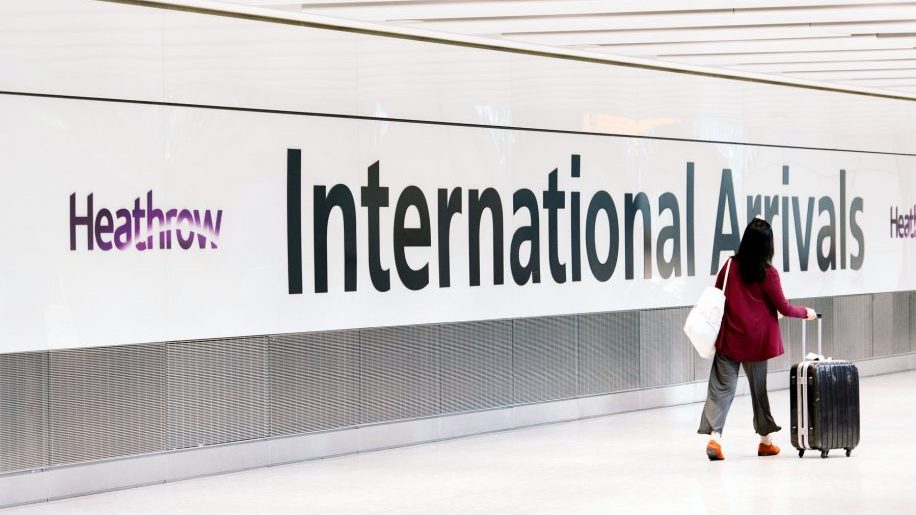ACI Europe has published its latest passenger traffic forecasts for 2022 and beyond, stating that figures are currently trending along its “high-case optimistic scenario”.
The association – which represents over 500 airports across Europe – had previously forecast a full recovery to pre-pandemic levels in 2025, but this has now been brought forward to 2024.
In addition ACI has revised upwards its forecasts for 2022, with passenger traffic now expected to be 22 per cent down on 2019 levels, compared to a previous forecast of -32 per cent published in October 2021.
However the association stressed that “the triple jeopardy of the return of geopolitics, worsening economic conditions and the threat of new Covid variants” was creating “significant uncertainty and traffic downside risks”.
ACI also said that the recovery was still being largely driven by leisure traffic and ultra-low-cost carrier capacity expansion, and warned of ongoing staffing issues disproportionately affecting larger airports.
As we have previously reported, UK airports in particular are experiencing staff shortages as demand for air travel surges following the easing of travel restrictions.
Many airports furloughed large numbers of employees during the pandemic, and a slow recruitment process coupled with high levels of staff absences due to Covid-19 have led to delays and cancellations across the industry.
Transport Committee report: Unfair to blame aviation industry for recent delays
ACI also said that despite increasingly optimistic forecasts, European airports are still set to welcome 540 million fewer passengers this year compared to 2019, and will have lost around 3.7 billion passengers since the onset of Covid-19 – equivalent to the total passenger growth achieved over 36 years prior to the pandemic.
Commenting on the news Olivier Jankovec, director general of ACI Europe, said:
“At the moment, the performance of passenger traffic is trending along our high-case optimistic scenario on the back travel restrictions lifting across many markets and strong Summer pent-up demand.
“But the history of the past three years suggests caution, especially as we still do not have an established playbook in Europe – let alone globally – on how to deal with future Covid-19 variants when it comes to travel.
“And beyond the immediate operational challenges from staffing issues, there is no escape from rising geopolitical tensions and stagflation fears meaning risks for air traffic only go one direction – down.”


